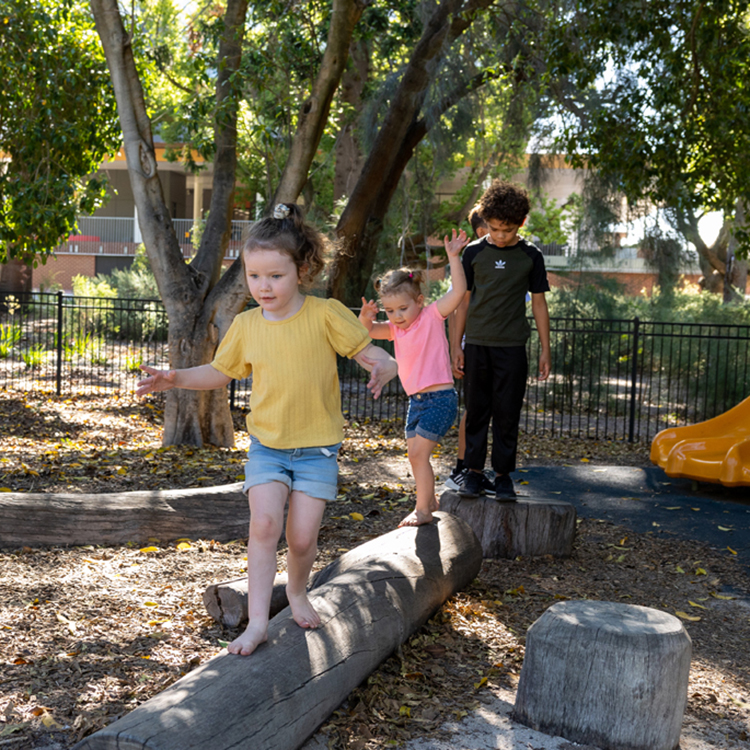Search

PAHL researchers use their expertise in motivation, behaviour change, resilience, communication, teamwork, confidence, and leadership to develop programs and services that improve people’s physical and mental health.
In 2018, an independent panel of world-leading researchers undertook a Scientific Review of the Institute.

The Kids Research Institute Australia thrives thanks to our patrons. Their unwavering support propels groundbreaking research for children's health.
The Kids Research Institute Australia's annual report highlights the accomplishments of our researchers, furthering our mission to secure a happier, healthier future for kids everywhere.
The Kids Research Institute Australia's annual report highlights the accomplishments of our researchers, furthering our mission to secure a happier, healthier future for kids everywhere.
The Kids Research Institute Australia's annual report highlights the accomplishments of our researchers, furthering our mission to secure a happier, healthier future for kids everywhere.
At The Kids Research Institute Australia, our vision is simple - happy healthy kids. We bring together community, researchers, practitioners, policy makers and funders who share our mission to improve the health, development and lives of children and young people through excellence in research.

Your gift is the reason we can give hope to families, be ambitious in our research, and create a brighter future for our community.
Research
Interchangeability, immunogenicity and safety of a combined 10-valent pneumococcal Haemophilus influenzae protein D conjugate vaccine (Synflorix) and 13-valent-PCV (Prevenar13) schedule at 1-2-4-6 months: PREVIX_COMBO, a 3-arm randomised controlled trialAboriginal children living in remote communities are at high risk of early and persistent otitis media. Streptococcus pneumoniae and non-typeable Haemophilus influenzae (NTHi) are primary pathogens. Vaccines with potential to prevent early OM have not been evaluated in this population. We compared immunogenicity (ELISA and opsonophagocytic activity) of a combination of Synflorix™ (PHiD-CV10, 10 serotypes and protein D of NTHi) and Prevenar13™ (PCV13, 10 serotypes plus 3, 6A, and 19A), with recommended schedules.
Research
Rheumatic Heart Disease Control Programs, Registers, and Access to CareThis chapter outlines the evidence and evolution of RHD control programs and draws conclusions about priorities following the 2018 World Health Organization Global Resolution on rheumatic fever and RHD.
